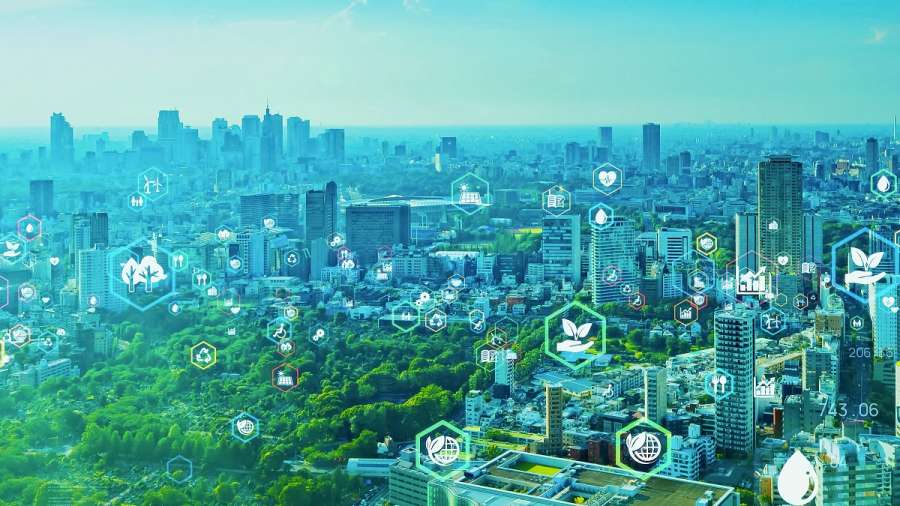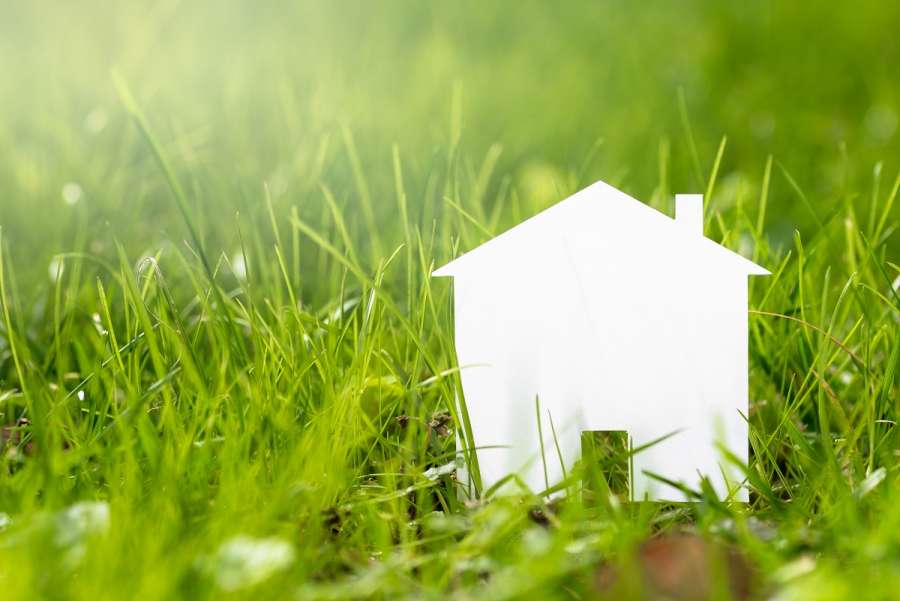By leveraging the latest technology, landlords and tenants can implement practical measures to reduce the carbon footprint of a building.
Step 1: Conduct an Energy Audit
Before making any changes to a commercial property, it is important to understand where energy is being used and where it is being wasted.
This can be done through an energy audit conducted by a professional energy auditor or a do-it-yourself audit.
An energy audit can identify areas for improvement, such as inefficient lighting or heating and cooling systems.
Step 2: Switch to Energy-Efficient Lighting
One of the easiest and most cost-effective ways to green-proof a commercial property is to switch to energy-efficient lighting.
This can be done by replacing traditional light bulbs with LED bulbs or installing motion sensors to turn off lights when unnecessary.
LED bulbs use less energy and last longer than traditional bulbs, which can lead to significant cost savings over time.
Step 3: Upgrade Heating and Cooling Systems
Heating and cooling systems can account for a significant portion of a commercial property's energy use.
Upgrading to a more efficient system, such as a high-efficiency furnace or air conditioner, can lead to significant cost savings and reduce the property's carbon footprint.
Regular maintenance and cleaning of these systems can also improve their efficiency.
Step 4: Insulate the Property
Proper insulation is essential for reducing energy waste and improving the comfort of the property.
Insulation can help to keep heat inside during the winter and outside during the summer, reducing the need for heating and cooling systems.
This can be done by adding insulation to walls, ceilings, and floors and sealing gaps or cracks that may allow air to escape.
Step 5: Use Renewable Energy Sources
Using renewable energy sources, such as solar or wind power, can help to reduce a commercial property's reliance on fossil fuels and reduce its carbon footprint.
This can be done by installing solar panels on the roof or using a wind turbine to generate electricity.
In some cases, a property can generate more energy than it needs and sell the excess back to the grid, leading to cost savings.
Step 6: Implement Water-Saving Measures
Water is a precious resource, and implementing water-saving measures in commercial property can help to reduce waste and lower water bills.
This can be done by installing low-flow toilets and faucets, fixing leaks, and using drought-resistant landscaping.






